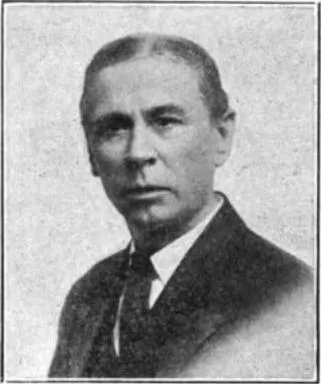Note: Thank you very much to Mr. Christopher Porter of the greater Detroit area for giving us an in-depth summary of The Lutheran Pastor by G.H. Gerberding. While not strictly an
L-TOM, it was an influential work, and Gerberding is well worth a closer look for those interested in what Eastern American Lutherans were thinking at the time. The Lutheran Pastor was published in 1902 by the Lutheran Publication Society. It can be read online
here for free. You can also buy it on
Amazon. Here are some select quotations on Pr. David Jay Webber's
webpage.
Gerberding was born in 1847 in Pittsburgh, PA. He was educated at Thiel College and Muhlenberg College. Ordained pastor and missionary in the ULC for PA, OH, ND and was the founder and first president of the Synod of the Northwest. He was later also a president of the Chicago Synod. He served as the president of Chicago Lutheran Seminary and Northwestern Lutheran seminary. He died in 1927. Other famous works include
The Way of Salvation in the Lutheran Church and The Lutheran Catechist.
A Summary of George Henry Gerberding’s The Lutheran Pastor
by Mr. Christopher Porter
A president of two Synods within the ULCA and a seminary professor, George Henry Gerberding has much of value to share regarding the Office of Ministry and its occupants.
The first main section of the work is an overview of the origin and theology of the Pastoral Office. It offers, in the main, little that is original, but presents a fairly uncontroversial picture drawn from Scripture, Luther, a number of orthodox Lutheran fathers, and from contemporary voices (including Walther). After dealing with the plurality of NT ministerial phenomena which are no longer in force (at least in their NT form) such as prophets, and evangelists, he turns to the two main foci of his concern: elders/bishops/pastors and the diaconate. Here we find one of the more controversial aspects of his understanding of the global ministry, which is that it is comprised of a “ministry of the Word” and a “ministry of mercy”.






